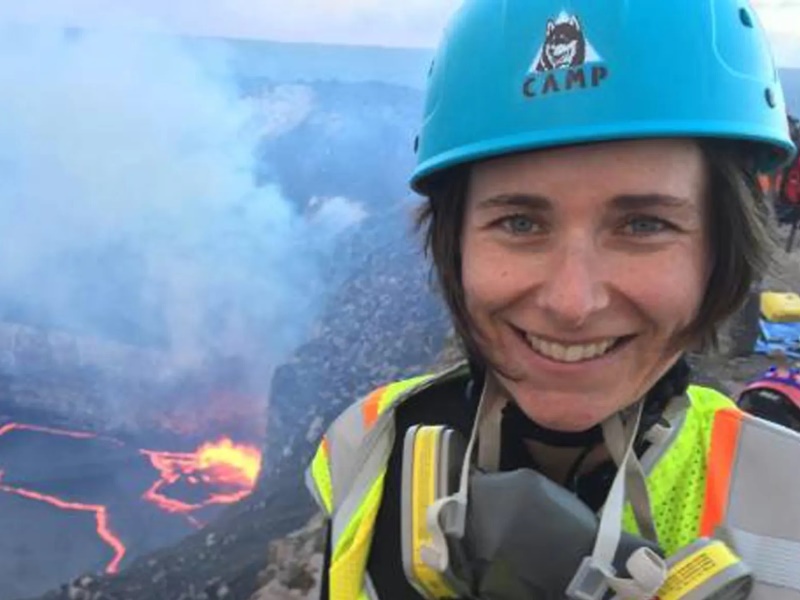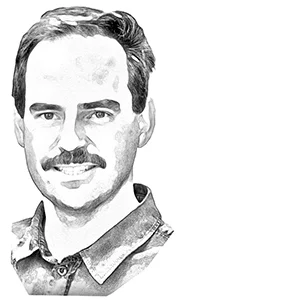One hundred new research projects exploring areas like the critical metals in underwater volcanoes and bringing down the cost of green hydrogen have secured backing in the latest round of the Australian Research Council’s Future Fellows program.
The $106.7 million round for mid-career researchers covers fields like quantum science, artificial intelligence and Indigenous knowledge, with 100 researchers securing the multi-year grants and the prestige of a Future Fellowship.
Queensland universities secured several of the grants for work on quantum technologies as the state looks to build out its ecosystem under a new strategy, government grants programs and leading US firm’s new presence.

“The ARC Future Fellowships scheme plays a significant role in facilitating research excellence in areas of national and international interest,” ARC acting chief executive officer Dr Richard Johnson said.
“The breadth of topics that will be investigated in this round of the Future Fellowships scheme is a reflection of the ARC’s commitment to supporting outstanding mid-career researchers to undertake high quality research for the benefit of all Australians.”
The full list of 100 recipients is available here.
University of Tasmania Associate Professor Rebecca Carey secured a $1.2 million grant to explore the threats and opportunities of submarine volcanoes. The project will explore the hazards of the volcanoes and the potential of them to supply critical metals needed in the net zero transition like copper.
Another project led by the University of Western Australia’s Professor Hongqi Sun will attempt to uncover new ways to reduce the energy intensity and cost of producing green hydrogen by exploring large scale solar power methods.
Several Queensland university researchers secured Future Fellowships to explore quantum technologies.
The University of Queensland’s Dr Christopher Baker will explore photonic circuits and microscopy techniques to probe superfluid helium, a unique quantum liquid.
Griffith University’s Dr Sergei Slussarenko secured $1.1 million grant to explore the “interconnected ultra-sensitive measurement network” using quantum physics. The project aims to develop a new quantum measurement technique for distributed meterology applications.
Queensland has secured the regional base of leading private quantum company PsiQuantum through a state and federal investment package and last year launched the state’s first quantum strategy and new grants.
Do you know more? Contact James Riley via Email.

